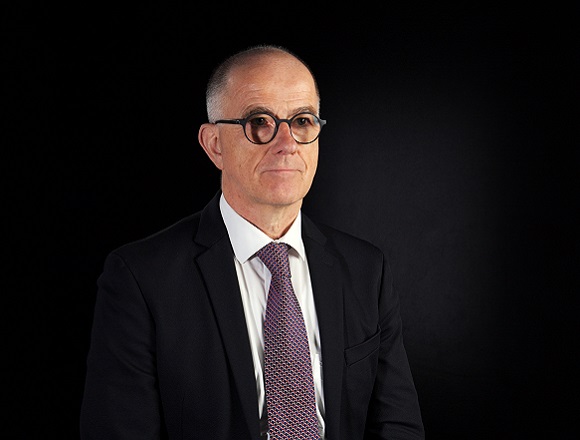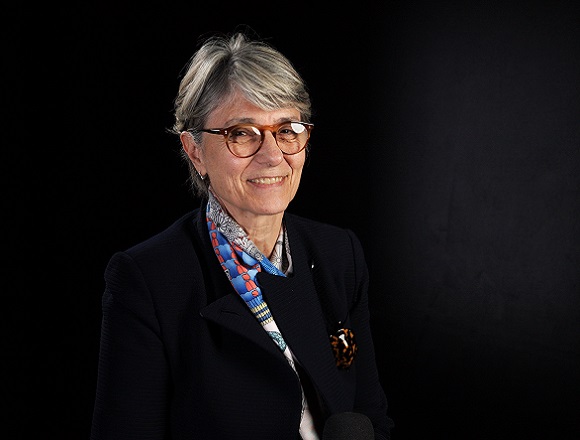Reinhold Kreutz, MD, PhD, is a professor of clinical pharmacology and hypertension and director of the Department of Clinical Pharmacology and Toxicology at the Charité University Medical Centre in Berlin, Germany. He has served as president of the European Society of Hypertension.
Which recent changes in the practice guidelines on hypertension would you consider crucial for medical practice?
Reinhold Kreutz, MD, PhD: First of all, we have novel blood pressure (BP)–lowering drugs that we can use for comorbidities, that have also a potential to lower BP, even though they’re not primarily approved for BP alone. But if you consider the sodium-glucose cotransporter 2 (SGLT-2) inhibitors or finerenone, which is a nonsteroidal mineralocorticoid receptor antagonist, they’re all BP-lowering drugs as well. They lower BP to some extent in the study, and even more so if you would use them in purely hypertensive patients and with high BP. They contribute to BP lowering when we use them, the SGLT-2 inhibitors, for conditions such as heart failure, chronic kidney disease, and finerenone for the treatment of diabetic nephropathy or patients with albuminuria, just an example.
We also have a new recommendation for device-based therapy, which is renal denervation, that may be used based on shared decision making with patients. Particularly patients with resistant hypertension are difficult to control [and they] are up for this option. We can discuss this. We can use this method in patients who have an estimated glomerular filtration rate (eGFR) of ≥40 mL/min/1.73 m2 and it can also lower BP. It cannot cure hypertension but it can lower BP to the same extent as one drug can lower the BP.
Also, lifestyle: we have several novel recommendations, and I wouldn’t have the chance to go into all the details, but these are some aspects that I would consider important messages.
In terms of drug treatment, again, I think the prescribing patterns we now have clearly emphasized. That means we should try to go for once-daily simplification of treatment: once daily in the morning. There’s no need to [have a] dose in the evening—this discussion is basically finished with a huge outcome trial showing no benefit of evening dosing. So, once-daily simplified treatment in the morning and if available, [we] prefer single-pill combinations, because all our cardiovascular patients and internal [medicine] patients very often have comorbidities. Polypharmacy is if you have ≥5 drugs, based on the current definition, and then you have evidence-based treatments for the patients and really rapidly you have 4, 5, 6, 7, 8 drugs. Therefore, to reduce the pill burden and improve adherence, which is another major problem in long-term treatment, is very important.
Adherence is also a challenge for the future, how we can improve—also using mobile technology, IT technology, educational aspects—the adherence to drug treatment in our patients in general in medicine.
 English
English
 Español
Español
 українська
українська







